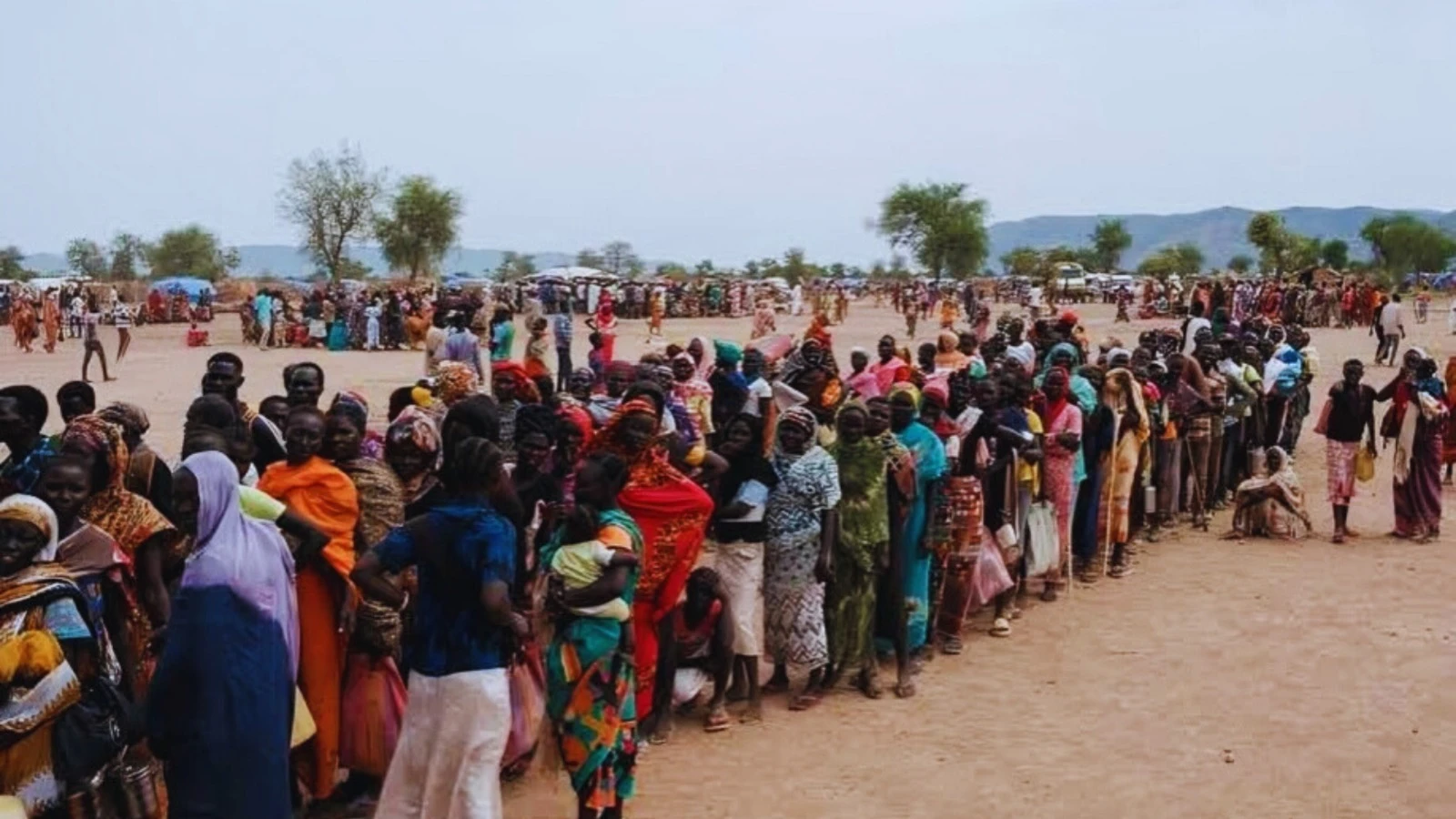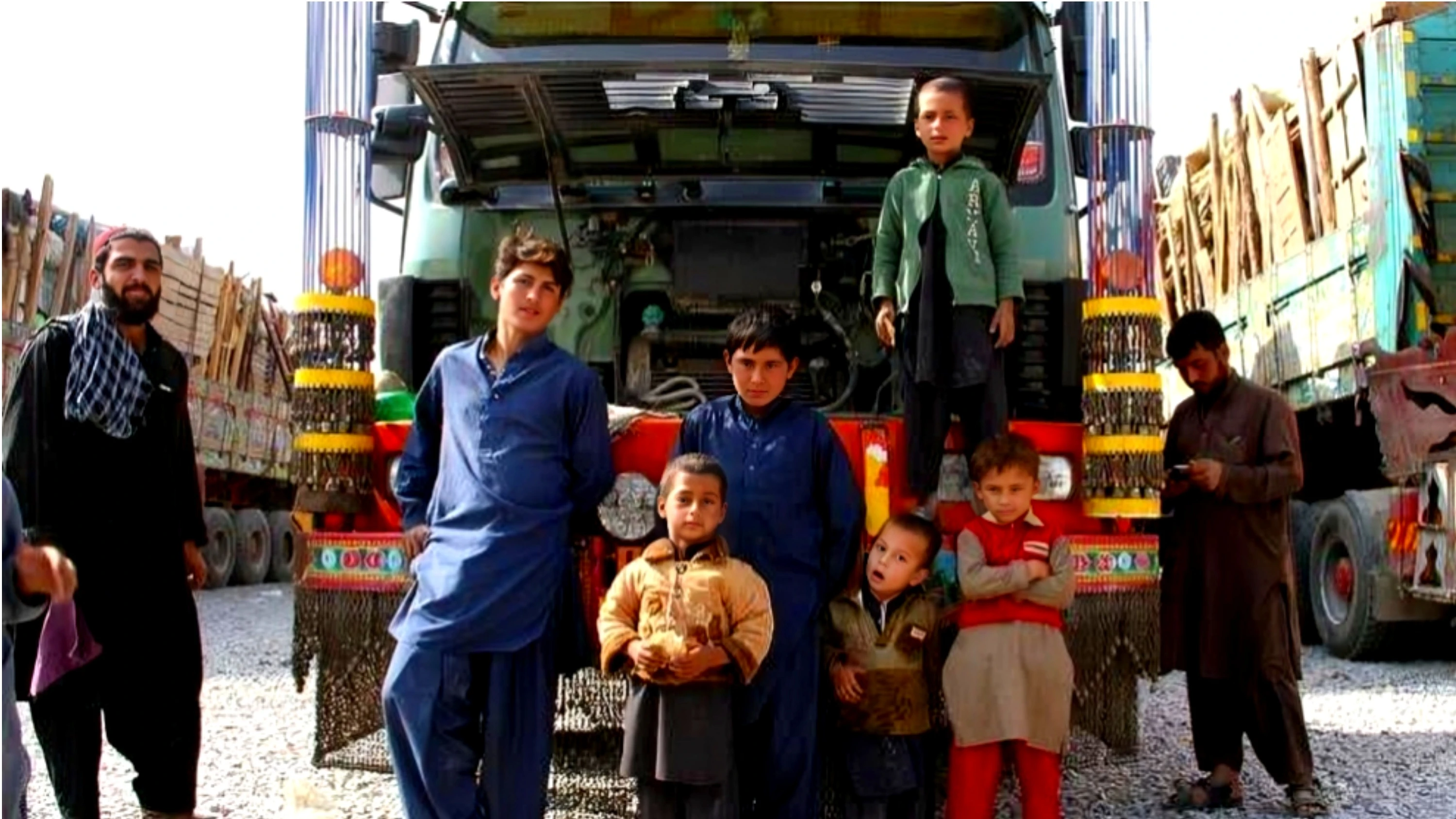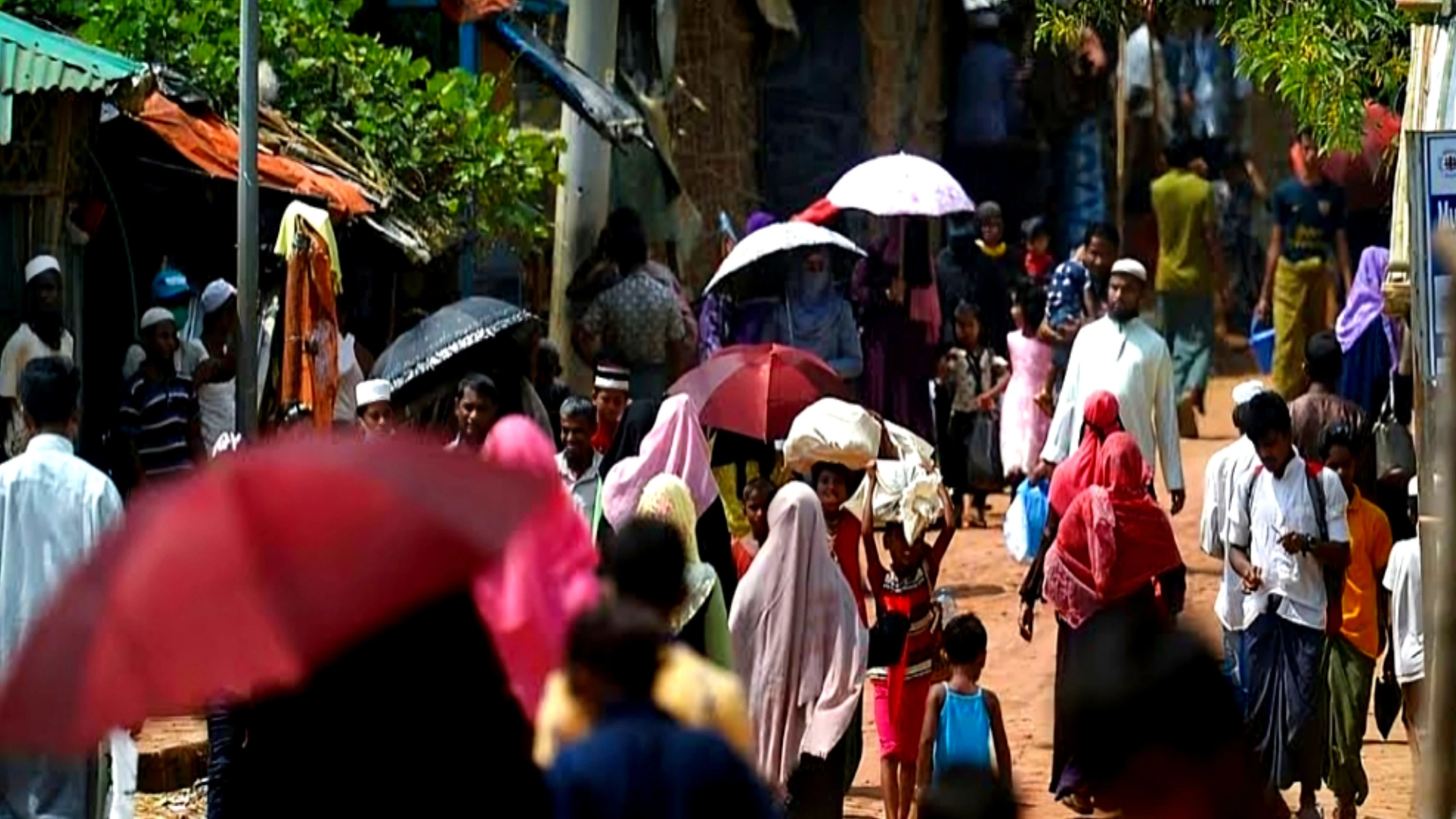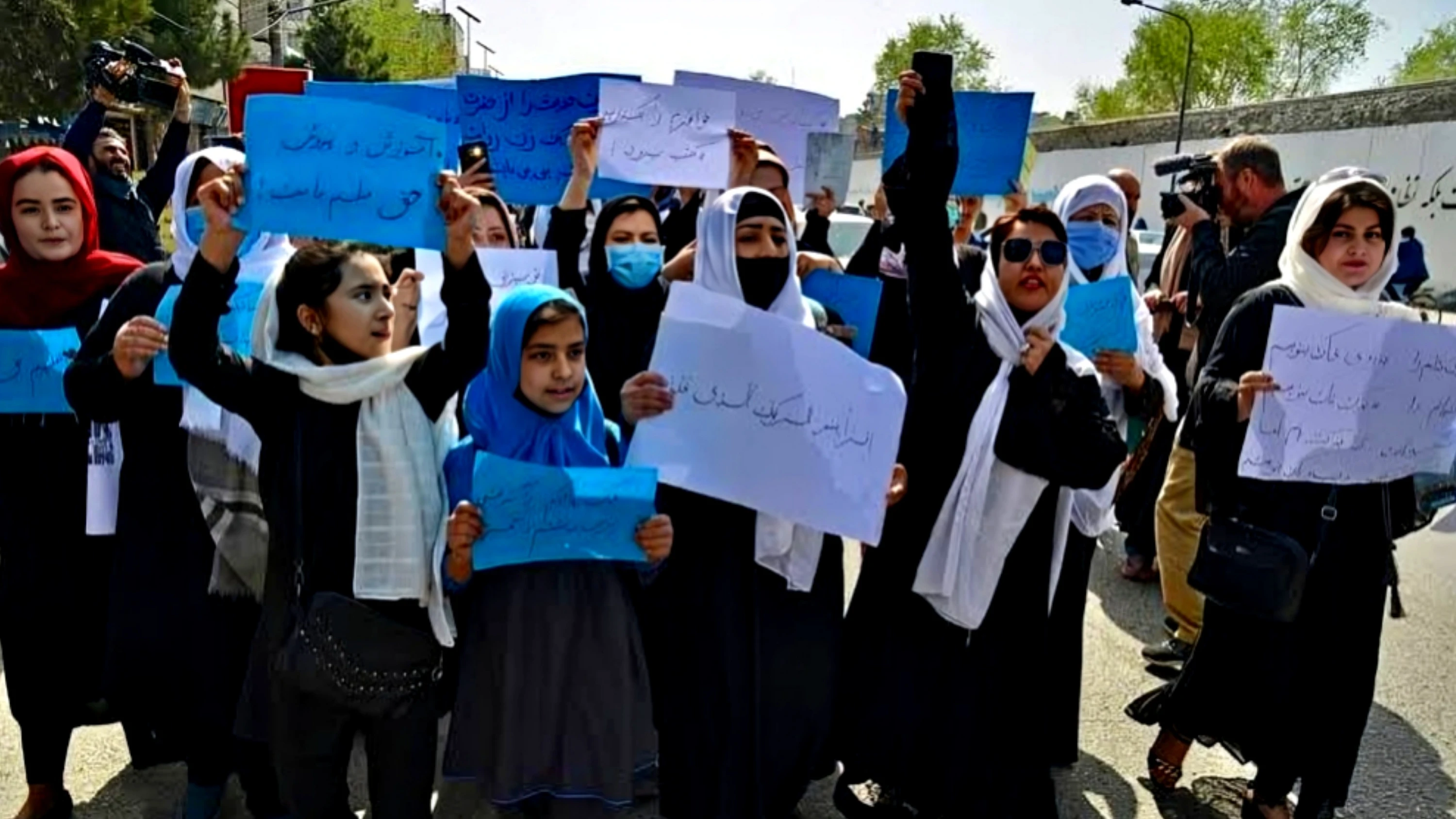Khartoum: The humanitarian situation in Sudan continues to deteriorate as the paramilitary Rapid Support Forces (RSF) impose new restrictions on aid deliveries to regions under their control, particularly in famine-stricken areas, humanitarian workers report.
The RSF, which has been engaged in a prolonged conflict with the Sudanese army, is tightening its grip on western Sudan while losing ground in Khartoum. This shift in power dynamics is deepening the country's divisions, more than a decade after South Sudan's secession.
Thousands of displaced people in Darfur, already vulnerable from previous conflicts, are now at even greater risk of starvation. Aid organizations have long accused both warring sides of obstructing humanitarian efforts—RSF fighters of looting supplies and the army of blocking access to RSF-controlled regions, further exacerbating food shortages and disease outbreaks.
According to aid workers, since late 2023, the RSF has begun demanding increased fees and greater control over aid operations, including recruitment and security measures. These restrictions, which mimic those imposed by army-aligned authorities, are further complicating relief efforts. While aid groups are pushing back, the RSF's bureaucratic constraints remain largely in place.
The war, sparked by a power struggle between the RSF and the army, has resulted in what the United Nations describes as the world's worst humanitarian crisis. Nearly 25 million Sudanese—half the population—are experiencing acute hunger, with over 12.5 million displaced. The situation is worsening as aid agencies struggle to meet the need, compounded by a freeze on USAID funding.
In December, the RSF-controlled Sudan Agency for Relief and Humanitarian Operations (SARHO) introduced new regulations requiring humanitarian groups to register separately in RSF-held territory. Although SARHO suspended these rules in February following pushback, aid workers say restrictions remain in place.
Analysts suggest that the RSF's policies are not just about seeking international legitimacy but also about generating revenue, as the group faces military setbacks despite controlling most of Darfur.
Recent weeks have seen major developments on the battlefield, with the army reclaiming key positions in Khartoum, including the presidential palace. Meanwhile, in Darfur, the RSF continues to tighten its siege on al-Fashir, the last army stronghold in the region. Three camps near al-Fashir—Zamzam, Abu Shouk, and al-Salam—have been officially declared famine zones, and RSF shelling has further endangered displaced residents.
Humanitarian organizations face a difficult choice: engaging with SARHO may facilitate aid deliveries but risks backlash from the army and the official government based in Port Sudan.
Doctors Without Borders (MSF) Secretary-General Christopher Lockyear described the dilemma to the UN Security Council as an “impossible choice” where “lifesaving assistance hangs in the balance.”
The UN has criticized SARHO’s demands, warning they could lead to corruption and aid mismanagement. In response, SARHO head Abdelrahman Ismail defended the agency’s role, insisting it is operating within its legal rights and facilitating aid access. However, humanitarian workers claim the RSF is using its influence to extract financial gains through increased fees on relief operations.
Experts note that Sudanese authorities have a history of manipulating humanitarian aid for political leverage. Despite presenting itself as a defender of Sudan’s marginalized communities, the RSF is now employing similar tactics, raising concerns about what governance under the paramilitary group might look like if it consolidates power.








